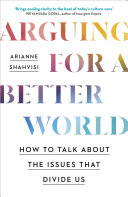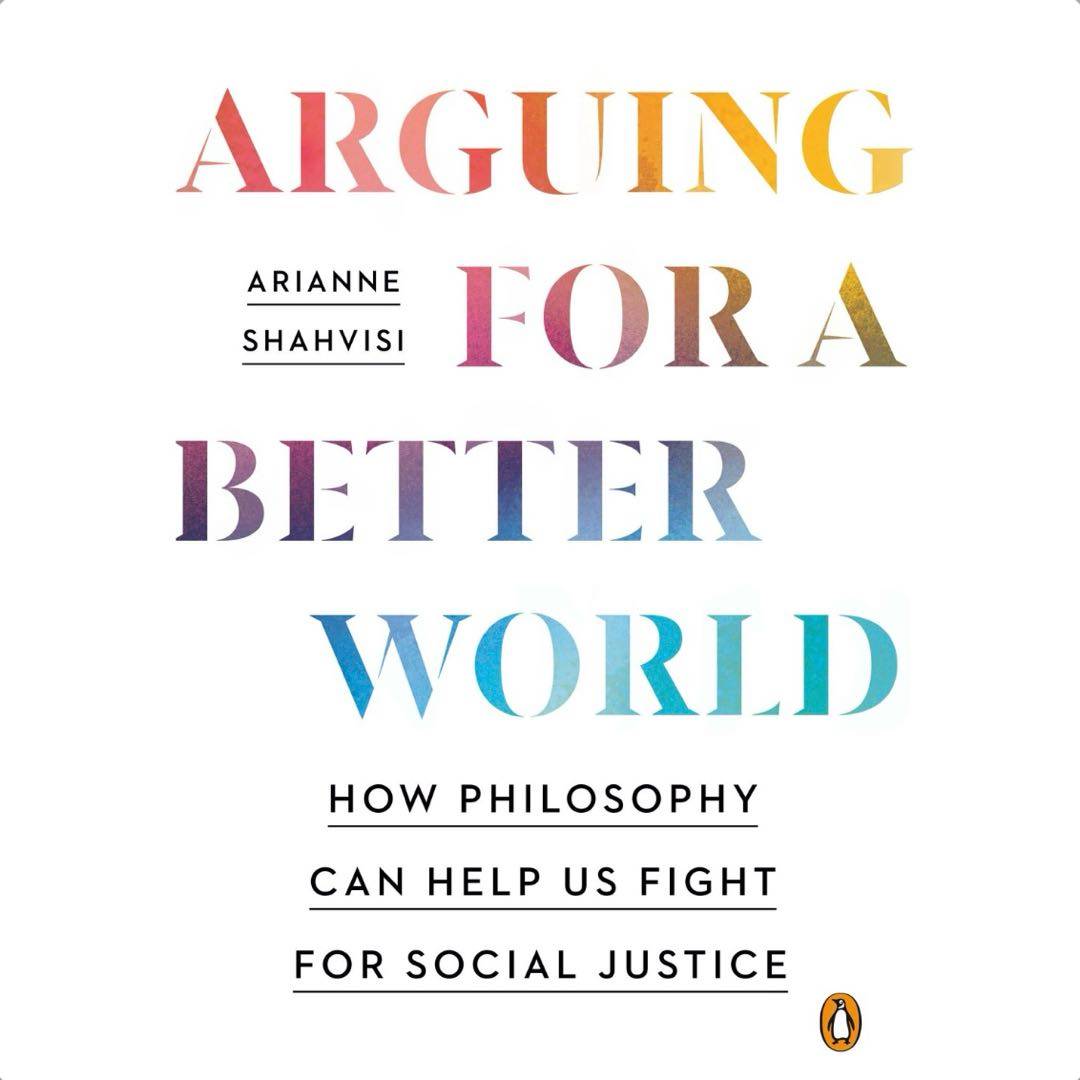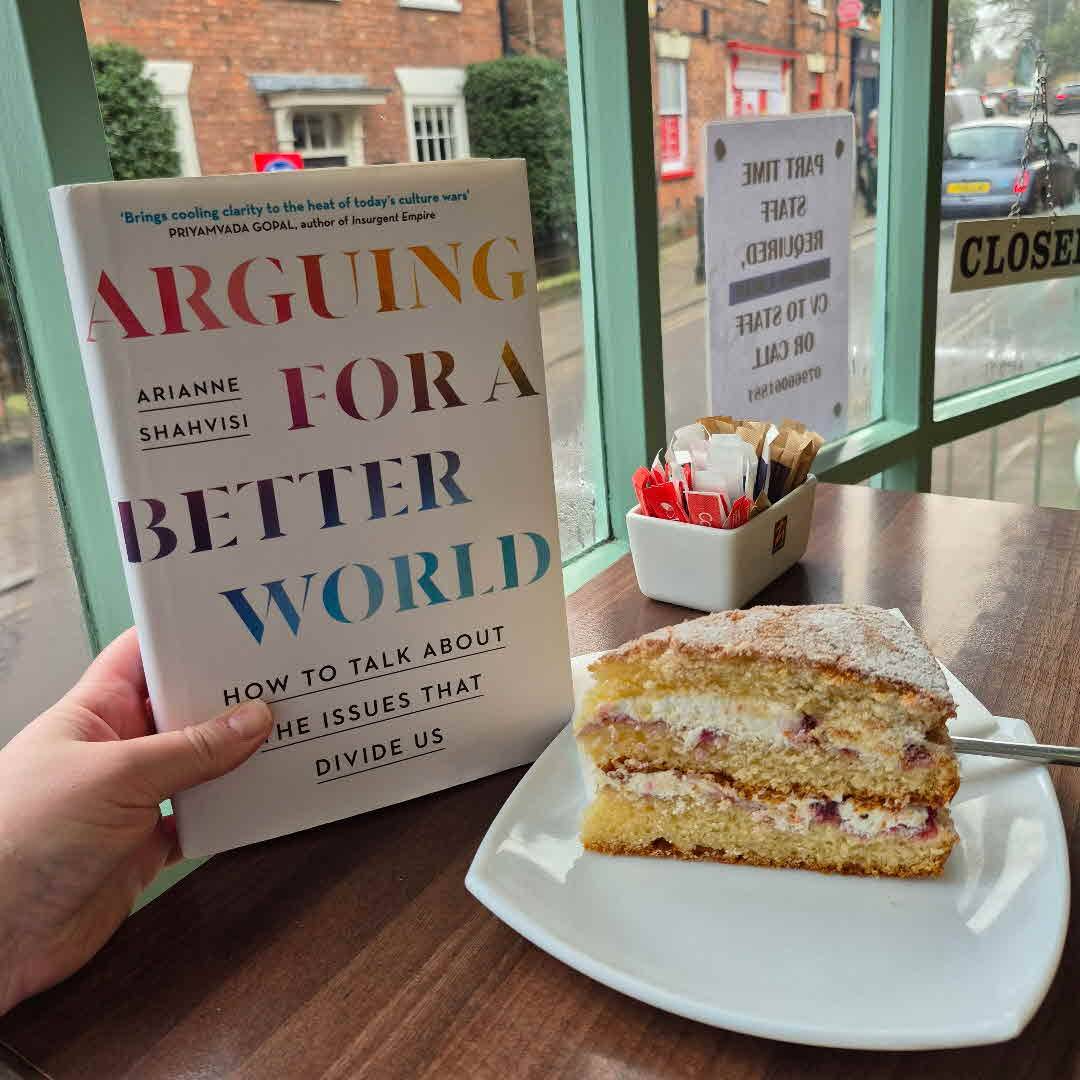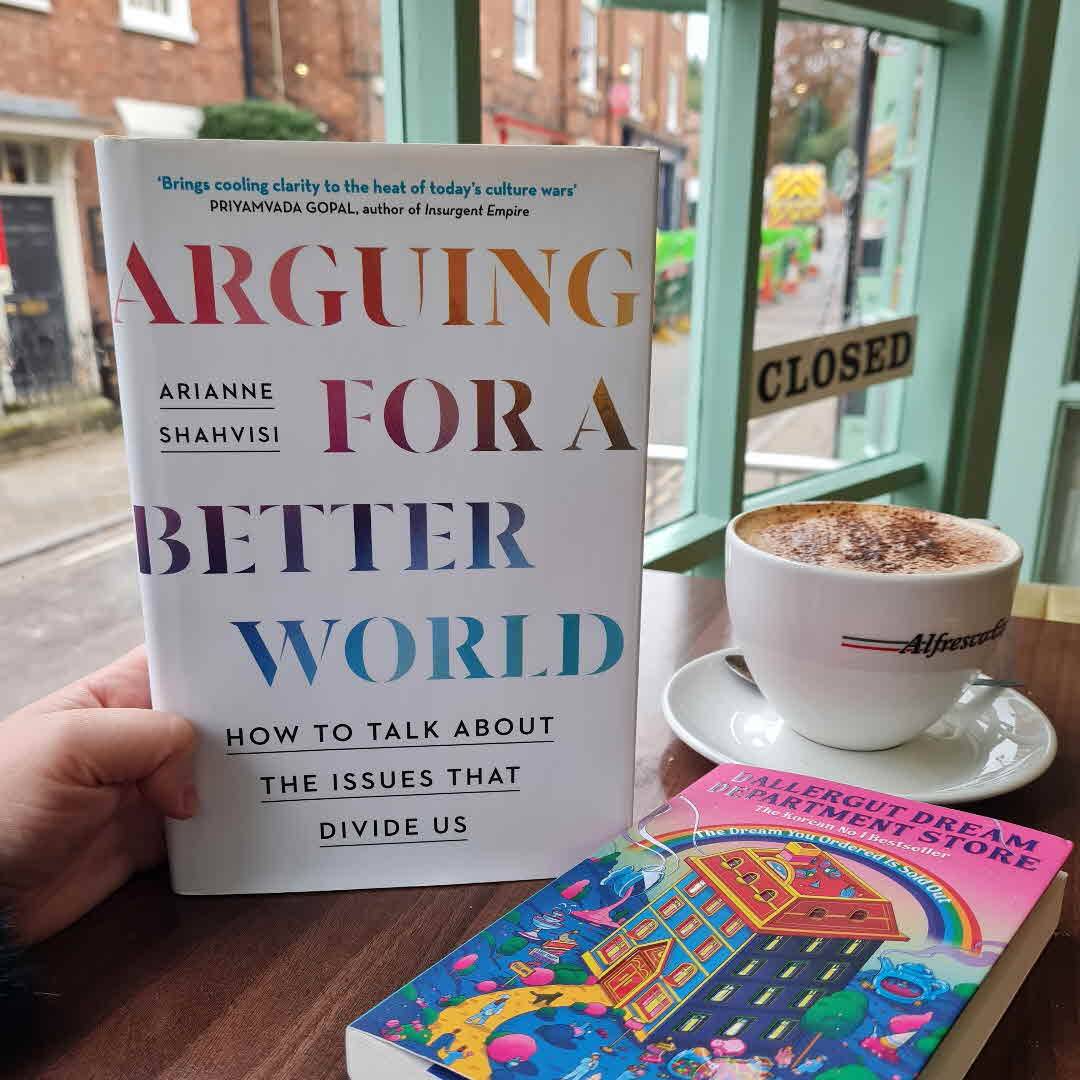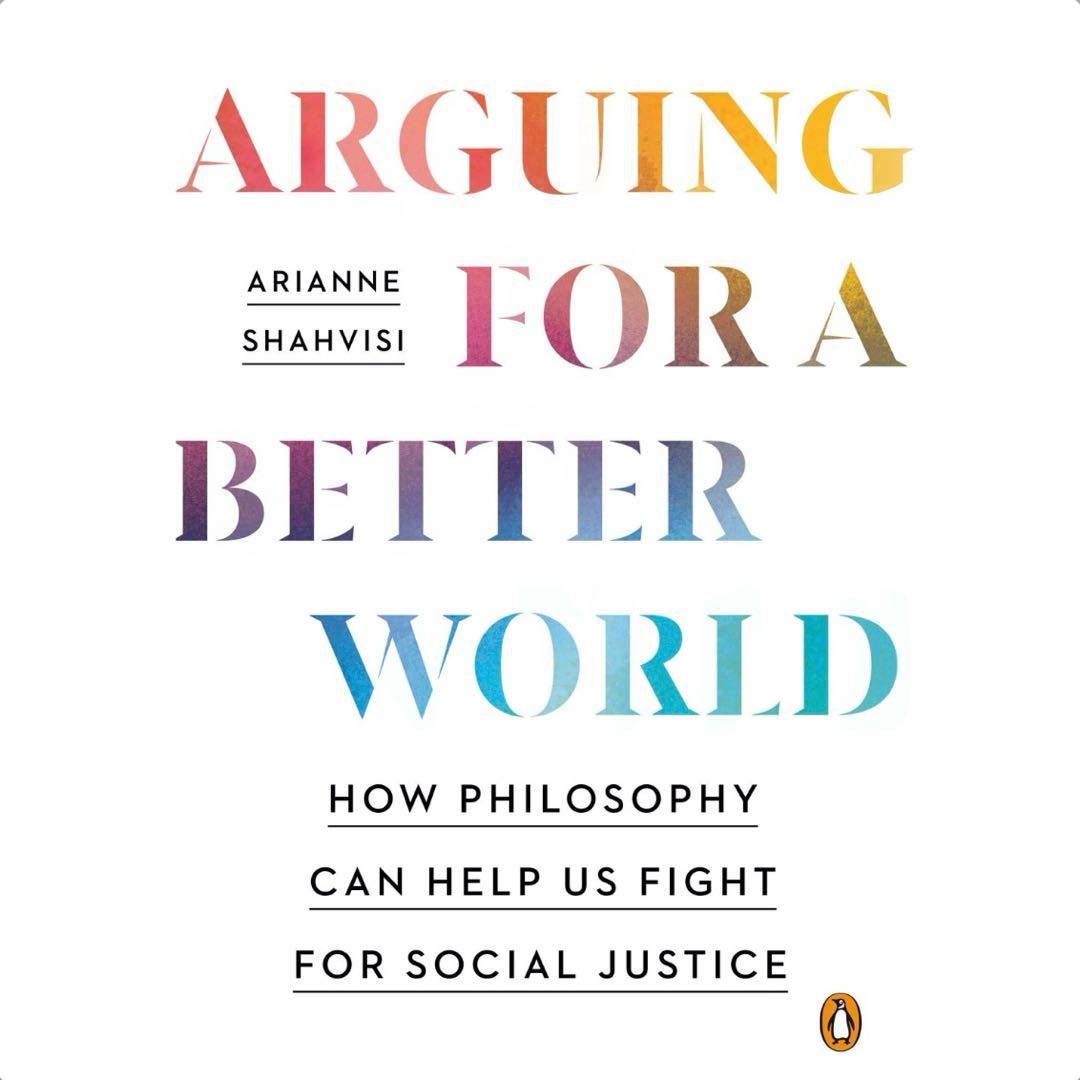
Do we want to read this book next, or one of our back catalogue? Also, should we go back to having discussion questions, or did you like having a more informal format?
#Philosophy #AdventuresInPhilosophy #DeadPhilosophersSociety
@TheBookHippie @ravenlee @JaclynW @RavenLovelyReads @AlaSkaat @Chrissyreadit @kspenmoll @bnp











